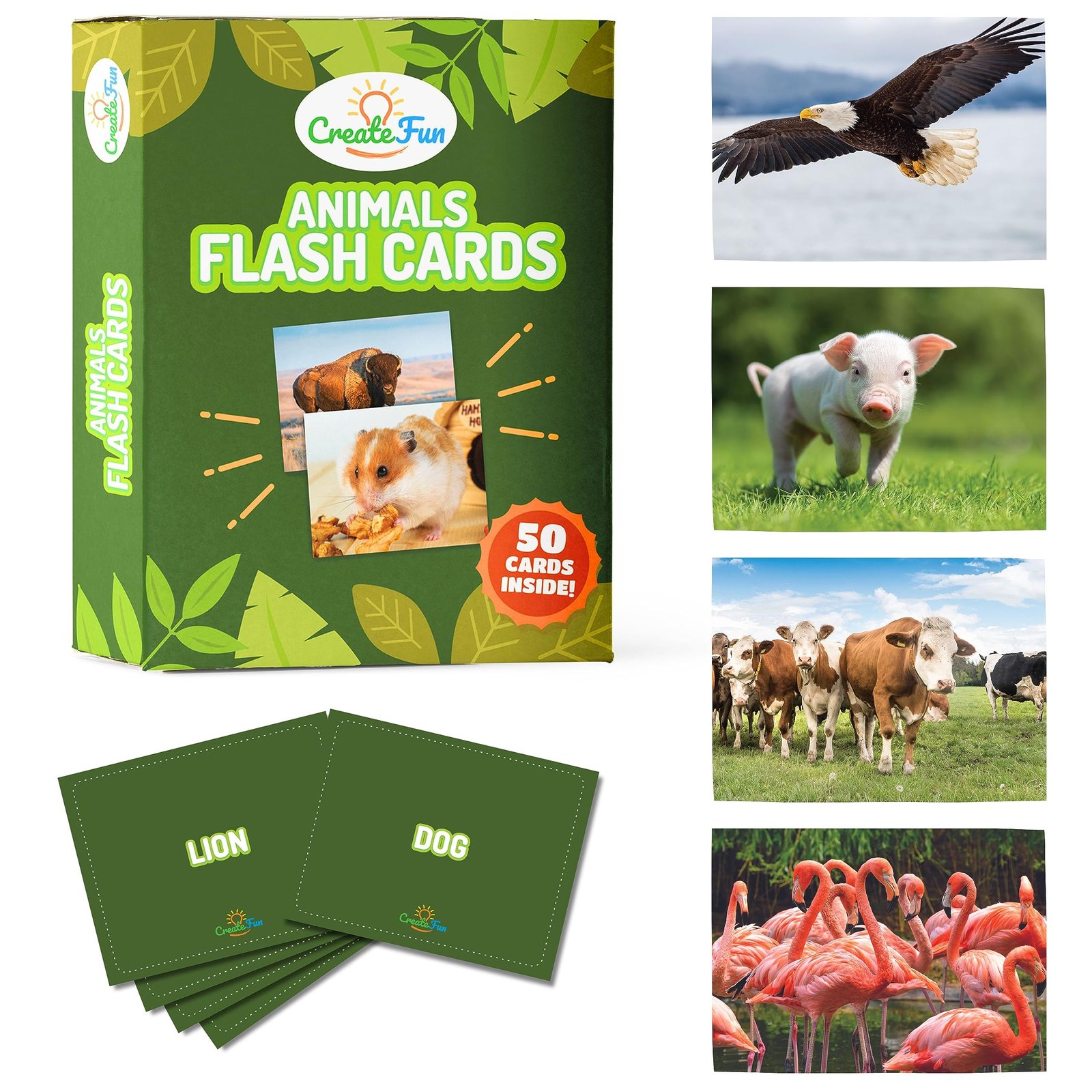Building a strong vocabulary is essential for English as a Second Language (ESL) professionals.
Whether you’re teaching students or learning yourself, having the right tools can make a big difference.
These tools can help expand knowledge, improve communication skills, and boost confidence in using the language.
When you’re selecting vocabulary-building tools, think about features that meet your needs.
Look for user-friendly apps or resources that offer engaging activities.
Consider how well the tool tracks progress, too.
You want something that will keep you motivated and show your improvement.
In this guide, you’ll find seven of the best vocabulary-building tools for ESL professionals, each offering unique benefits to enhance your teaching or learning experience.
Top 7 Vocabulary Building Tools for ESL Professionals
If you’re looking to enhance your vocabulary skills, you’re in the right place.
These tools are designed to help you learn and practice words effectively, making your ESL teaching or learning experience more engaging and fun.
Check out our top picks to find the right fit for your needs!
ESL Teacher’s Survival Guide
This book is a great resource if you’re looking for practical tools and activities for teaching English language learners.
- Clear and easy-to-read layout that makes finding information quick.
- Offers a variety of strategies suitable for different levels of learners.
- Filled with handy activities that can be used immediately in your classroom.
- Some content might not be relevant for lower grade levels.
- A few users received the book in less than ideal condition.
- Focuses more on group settings, which may not be suitable for one-on-one teaching.
You’ll find the layout of this guide to be user-friendly.
The larger font makes it easy to read, which is a plus for busy teachers.
It’s designed to help you find strategies without stressing about complicated setups.
The book covers different teaching methods that can adapt to your needs.
If you’re new to teaching, having a resource that aligns with modern strategies can be very helpful.
Keep in mind that the focus is on secondary students, so if you’re teaching younger kids, you might need to adjust some activities.
Overall, this guide is more than a traditional textbook; it’s a practical tool for everyday teaching.
CreateFun Animal Flash Cards
These Animal Flash Cards are a solid choice for anyone looking to enhance vocabulary skills in a fun way.
- Great visual appeal with high-quality images.
- Versatile for various learning environments.
- Durable design for long-lasting use.
- Size may be small for larger groups.
- Some images may be unclear for specific identification.
- Not the thickest cards for heavy use.
These flash cards have become popular among educators and therapists.
They feature vivid photos of animals that help in making learning interactive and engaging.
You can use them in different settings, whether for speech therapy, ESL, or even at home.
The quality of the cards stands out.
Made with tear-free material, they can handle plenty of use, which is perfect for active learners.
The size is manageable for small hands, but you may find them a bit small if you’re working with a larger group.
Kids and adults alike can benefit from these cards.
They promote fun activities as you teach vocabulary and animal names.
Whether you are using them as a teaching aid or a game, these cards can help create memorable learning experiences.
Buying Guide
Choosing the right vocabulary building tool can make a big difference in your teaching.
Here are some essential features to consider:
Key Features to Look For
| Feature | Description |
|---|---|
| User-Friendly Interface | Make sure it’s easy to navigate and understand. |
| Interactive Activities | Look for games and quizzes that keep learners engaged. |
| Personalization Options | Tools that allow you to customize lessons for different levels. |
| Progress Tracking | Features that help track student improvement over time. |
| Resource Variety | Tools that include different types of resources like flashcards, videos, and exercises. |
Tips for Selection
- Consider Your Audience: Some tools work better for beginners while others suit advanced learners.
- Trial Periods: Check if the tool offers a trial period. This way, you can test it out before committing.
- Reviews and Recommendations: Look for feedback from other ESL professionals to help inform your choice.
Taking the time to pick the right tool can enhance learning and make lessons more fun.
Stay focused on what works best for you and your students.
Frequently Asked Questions
You might have questions about building vocabulary for ESL learners.
Here are some common inquiries that can help you find the right resources and strategies.
What are some of the most popular online resources for improving vocabulary in ESL learning?
Some popular online resources include Quizlet, Vocabulary.com, and Memrise.
These platforms have interactive flashcards and games that make learning new words engaging and effective.
How can technology be used to support vocabulary development in ESL classrooms?
Technology can enhance vocabulary learning through apps and online exercises.
You can use multimedia tools like videos and podcasts, which help present vocabulary in context, making it easier to remember.
What are the most effective strategies for teaching vocabulary to students learning English?
Using context clues and visuals are great strategies.
You can also encourage students to use new words in sentences.
Repetition and practice through speaking can help cement their understanding.
Can you suggest any free vocabulary building tools that are beneficial for ESL professionals?
Some free tools include Duolingo, Wordwall, and FreeRice.
These tools offer various activities to boost vocabulary skills.
They can be great for both teachers and students.
How do online vocabulary games compare to traditional methods for engaging ESL students in learning new words?
Online games offer interactive and fun ways to learn.
They often hold students’ attention better than traditional methods.
Games can also provide immediate feedback, helping students learn faster.


